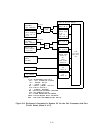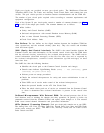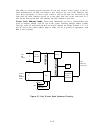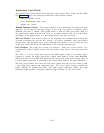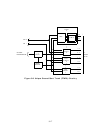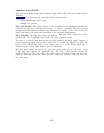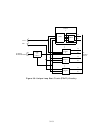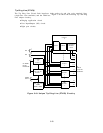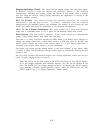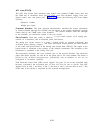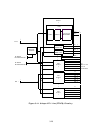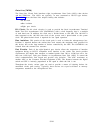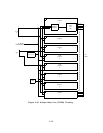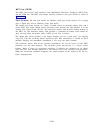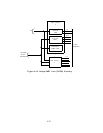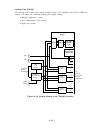Ringing Application Circuit:
This circuit receives ringing voltage from the power supply.
It monitors ringing voltage and current and generates signals to the on-board
microprocessor indicating zero ringing voltage and current. It also detects when a terminal
user has lifted the receiver during ringing preventing the application of ringing to the
terminal’s handset receiver.
Port I/0 Circuit:
This circuit includes bus expanders connecting the on-board
microprocessor and the port circuits.
It receives commands from the on-board
microprocessor and distributes them to the individual port circuits. It also accesses the port
circuit scan points and passes the information to the on-board microprocessor.
-48 V To -24 V Power Conditioner: This circuit converts -48 V power from the power
supply into a conditioned source of -24 V power for the electronic battery feed circuits.
Port Circuits:
Each port circuit is identical.
A port circuit consists of a coder/decoder
(codec), h:ybrid circuit, battery feed circuit, and ring relay.
The codec is a 4-wire circuit that converts the NPEs output to an analog signal. Likewise, it
converts the analog signal from a central office trunk to a PCM data signal to the NPE. The
hybrid circuit converts the codec 4-wire analog signal to a 2-wire analog signal that is
connected to the central office trunk by the line transformer.
The battery feed circuit provides talking battery to the voice terminal. It also detects when
a receiver is lifted, and provides the message waiting signal by periodically reducing the feed
voltage to zero.
The ring relay provides the interface between the ringing application circuit and the port
circuit. It causes ringing to turn on and off.
Note: The TN742 can be used instead of the ZTN78 Tip Ring CP. The TN742 supports
up to five bridged single-line voice terminals; however, only two can be off-hook at one
time. The ZTN78 does not support bridged terminals.
In addition, the TN742 supports
out-of-building, extended, and off-premises stations, while the ZTN78 does not. The
ZTN78 supports only a 1.2 Ringer Equivalency Number (REN).
3-21



